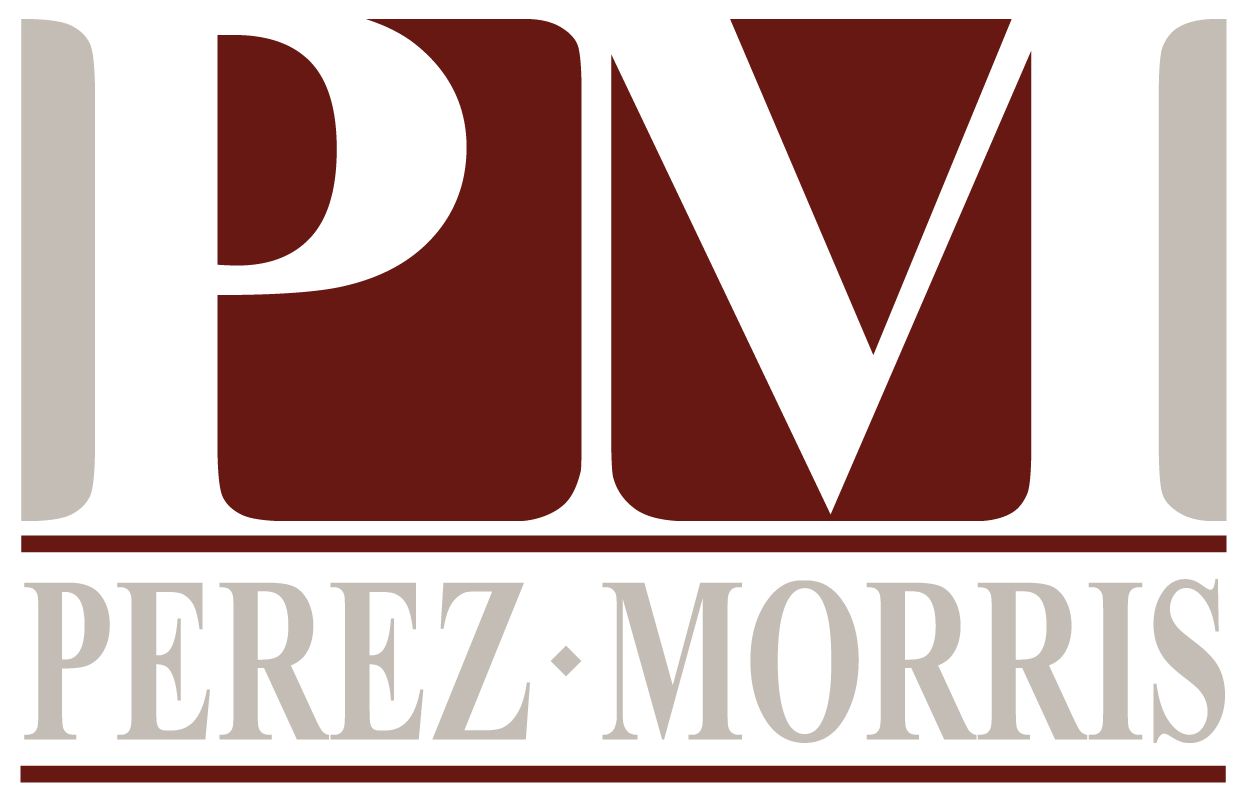Ohio has made the leap to adopt new rules of civil procedure identical to ones that are already in place on the federal level. The underlying notion in all of the rule amendments is a reduction of the cost of litigation. Let’s hope the rules play out that way.
In its annual rules update, the Ohio Supreme Court amended the Ohio Rules of Civil Procedure related to waiver of service, pretrial procedure, and discovery. The new amendments should be a welcome addition for all litigants in Ohio as they focus on efficiency. The rules took effect on July 1, 2020.
Discovery now must be proportional to the case
In a move to streamline cases and hopefully decrease litigation costs, Civ.R. 26(B)(1), regarding the scope of discovery, has been completely replaced with identical language from Fed. R. Civ. P. 26(b)(1). Narrowing the scope of discovery, the new rule requires discovery to be proportional to the needs of the case. Attorneys now have the right to object to and limit responses to overbroad discovery requests based upon the amount in controversy, the parties’ access to relevant information and resources, the importance of the discovery in resolving the issues, and whether the burden or expense of the proposed discovery outweighs its likely benefit. However, the staff notes of the rule specifically states that the responsibility is on both parties, collectively, to consider proportionally and resolve discovery disputes. Since discovery disputes are hardly litigated to the extent they make case law, parties will need to consider the preferences of the Judge and Court they are assigned when raising these new issues.
The rules also require the parties to prepare a discovery plan stating the parties’ views and proposals on various aspects of the discovery stage of litigation.
Initial Disclosures, Pretrial and Scheduling Conferences
Courts may schedule initial pretrial conferences to be held and shall issue a scheduling order for the case around 60 days after a defendant has answered or otherwise responded to a complaint. Civil Rule 26 also requires the parties to make initial disclosures to one another, without awaiting a discovery request. These disclosures are required prior to the first pretrial or case management conference (for most cases) and should help streamline the matter for all litigants and the Court. Civil Rule 26(F) requires the parties to meet and file a report with the Court, which should aid in counties where case schedules are not automatically generated.
Experts
In another move to reduce costs of retaining and deposing experts, expert reports are now required prior to any testimony of an expert witness. For medical experts, this can be the medical expert’s own records, instead of a report. Depositions can be taken only after a mutual exchange of the reports.
Electronically Stored Information (ESI)
The electronically stored information provision of Civ.R. 26 was shortened, taking out the factors the court used to determine whether a requesting party showed good cause in requesting the production of ESI.
Waiver of Service
Under Civ.R. 4, a plaintiff may now request that a defendant waive service of a summons for any civil action filed in a Court of Common Pleas. This should allow for more transparency among the litigants at the onset of lawsuit, especially when pre-suit negotiations have been ongoing. Civ.R. 4.7 lays out the process and specific requirements for waiving service, limits waiver to Courts of Common Pleas, and imposes a duty on individuals, corporations, partnerships, or associations to avoid unnecessary expenses involved in serving the summons. Notably, the rules allow for notice by “other reliable means” which can include electronic communications such as email.
Benefits of Waiving Service
Waiver of service of summons can be beneficial for both parties to a lawsuit. A plaintiff can avoid the costs associated with preparing and serving a summons, and if a defendant timely returns a waiver, then they do not need to serve their answer to the complaint until 60 days after the request was sent (90 days if defendant is outside of the U.S.). Prior to Civ.R. 4.7(D), a defendant only had 28 days to respond to a complaint after being served, and many times this left newly engaged defense counsel seeking an extension of time to answer. Further, Civ.R. 4.7(E) does not require proof of service by a plaintiff if they file a waiver. Instead, the filing of a waiver by a plaintiff acts as if a summons and complaint had been served at the time of filing.
Consequences when a Defendant Fails to Waive Service
There could be consequences for a defendant should they choose not to waive service without good cause. A court may require a defendant to pay the expenses incurred in making service and the reasonable expenses, including attorney’s fees, of any motion required to collect the service expenses.
For the full text of the amended rules effective July 1, 2020 see: http://www.supremecourtofohio.gov/ruleamendments/documents/4.22.20%20Posting.pdf

Celia is a trusted advisor who effectively manages the litigation and compliance needs of individuals, corporations, small businesses, and medical practices. She builds strong and lasting relationships with clients as their go-to advocate, delivering creative and effective strategies, while balancing business needs and the client’s definition of a successful outcome.
Celia received her undergraduate degree from The Ohio State University and earned her J.D. from Capital University School of Law. Prior to joining Perez Morris, Celia was an attorney with the Columbus office of Taft Stettinius & Hollister. Read more




